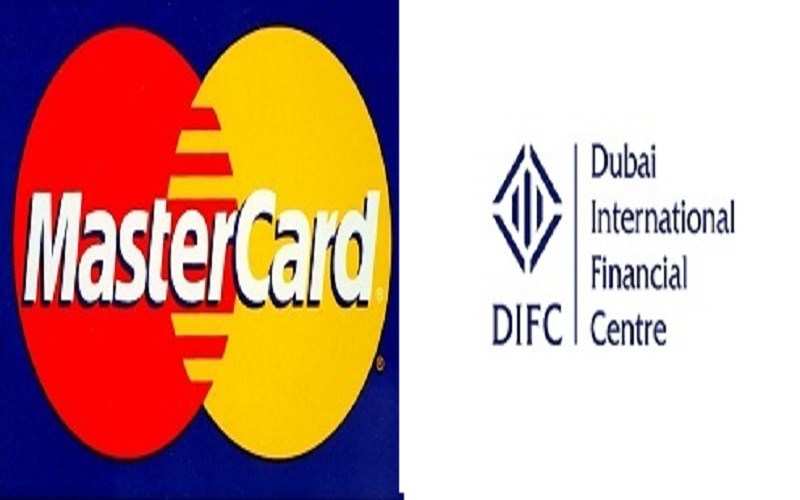Mastercard has launched its Global Cyber Forward program in partnership with Dubai International Financial Centre (DIFC), the leading global financial centre and largest fintech hub in the Middle East, Africa and South Asia (MEASA) region.
Governments, financial institutions and businesses around the world have been facing an increase in cyber threats as people and businesses become more digitally connected.
According to an industry study, the threat of direct and indirect cyberattacks on global businesses is significant, with up to $5.2 trillion in economic impact being at risk over the next 5 years.
Another study reported that 50 per cent of global businesses are not prepared to deal with cyberattacks.
The Global Cyber Forward program combines Mastercard’s cutting-edge capabilities in cybersecurity with those of leading public sector organizations to create secure digital ecosystems at a national, local and city-level.
This partnership with DIFC will help boost cyber readiness and resilience across the financial industry, enabling effective cybersecurity oversight through the Dubai Financial Service Authority (DFSA) Threat Intelligence Platform (TIP) that was launched in January 2020.
DIFC is home to over 2,500 financial related companies, including 17 of the world’s top 20 banks and over 240 FinTech and Innovation companies and it continuously develops innovative laws and regulations enabling the future of finance.
Earlier this year, it launched the first GDPR-compliant data protection laws and the most comprehensive money services regime in the region.
His Excellency Essa Kazim, Governor of Dubai International Financial Centre, said: “This global partnership between DIFC and Mastercard supports the National Cybersecurity Strategy and Dubai Cyber Security Strategy.
“As the leading financial centre in the MEASA region, we are committed to being at the forefront of initiatives, including cybersecurity, that will advance the finance industry globally, regionally and in Dubai.
“Firms and individuals will be able to benefit from our collaborative approach to managing the issue and see Dubai as the region’s safest place to undertake their financial activities.”
Ajay Bhalla, President, Cyber and Intelligence, Mastercard said: “Cybercrime is one of the biggest threats to consumer trust. Without trust, we cannot do business – more so now than at any other time in history.
“We are developing and embedding the latest cyber technologies, in collaboration with our partners around the world, to help advance security and trust in the digital ecosystem. Our partnership with DIFC will help to create more secure and thriving digital economies.”
“DIFC has the region’s most robust and resilient legal and regulatory framework. Our partnership with Mastercard recognizes the importance of cybersecurity and will help DIFC clients and the global finance industry accelerate their digital agendas safely and effectively.
“Collaborating with the leading, like-minded organization on cybersecurity is a key factor that will help us drive the future of finance,” said Arif Amiri, CEO of DIFC Authority.
“Knowledge sharing and access to secure, innovative technology are our best defence as we address the cyberthreats that lead to cybercrime. Our strategic partnership with DIFC is a significant milestone and one that sets a secure foundation for fostering a strong cyber-resilient ecosystem that inspires trust in the digital economy,” said Khalid Elgibali, Division President, Middle East and North Africa, Mastercard.
This program builds on other cross-industry partnerships, helping to boost cyber readiness and resilience across the financial industry.
Last year, Mastercard introduced its first European Cyber Resilience Center to drive collaboration between the public and private sectors in addressing threats faced by the payments ecosystem.
With the support of the Canadian government, the company’s Intelligence and Cyber Center in Vancouver is designed to accelerate innovation in digital and cybersecurity, artificial intelligence, and the Internet of Things.

